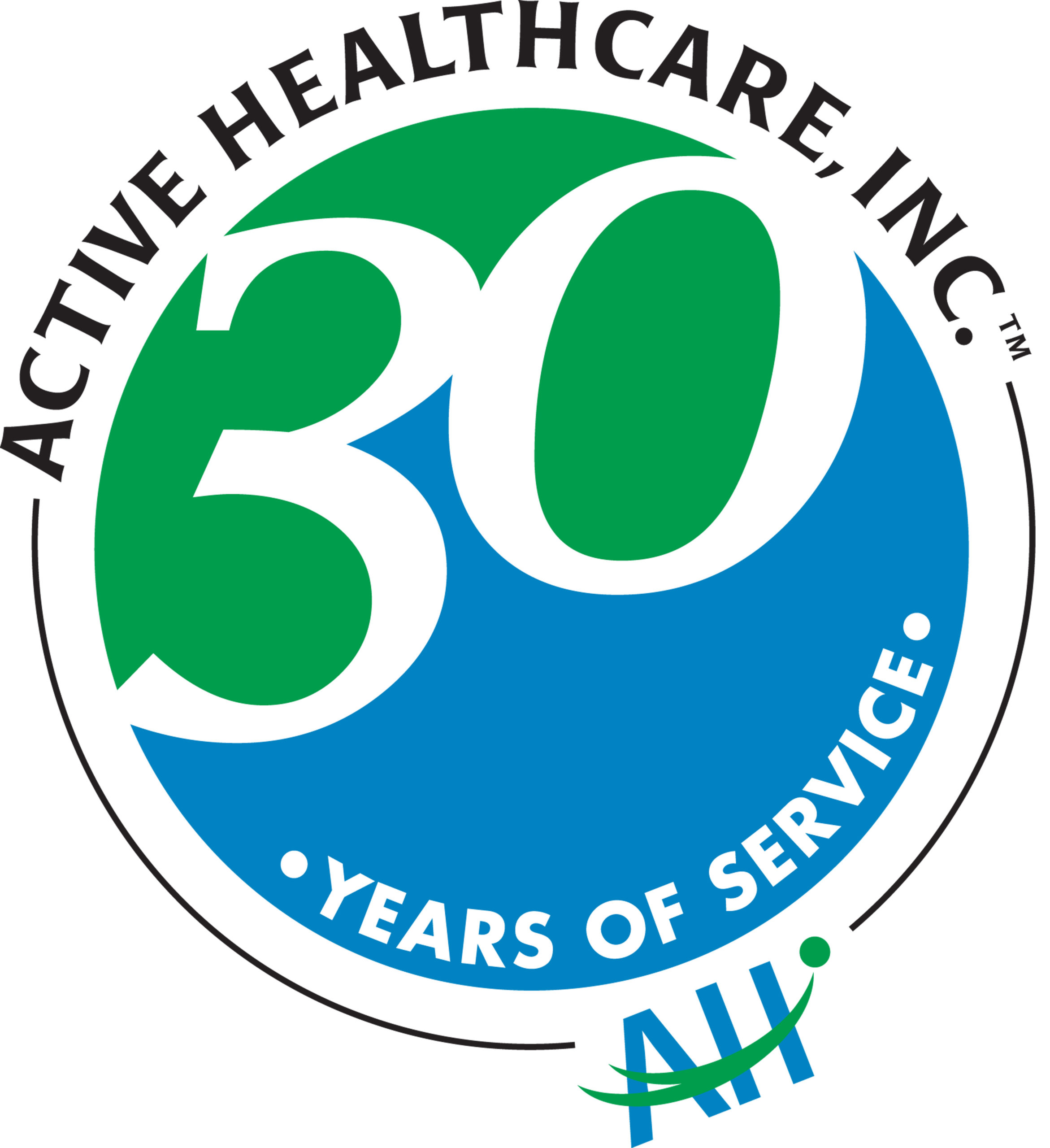Are You Prepared for Hurricane Season?
With June 1st being the beginning of hurricane season, what’s a better time to discuss how to protect yourself and your family from asthma triggers after a hurricane or tropical storm? Hurricanes produce high winds which blow pollen and mold spores into the air that can make asthma symptoms worse. During these times people with asthma can experience wheezing, coughing, tightness in the chest, and other complications with breathing. Here are a few tips to help prevent asthma attacks during the upcoming hurricane season.

Avoid Homes or Buildings with Suspected Mold Damage
Once any flooding clears and the cleanup process begins people with asthma are at risk of exposure to mold and dust. In extreme cases it is best to not even enter a building or home that has mold growth that you can see or smell. But if you have to be exposed to these conditions, protect yourself by wearing a filtering mask, rubber gloves, and eye protection.
Coping with Stress and Emotion
During the aftermath of a hurricane, stress levels are high and they can trigger an attack. That’s why it is best to take care of your emotional state of mind during these stressful times. Communicate and connect with other people and seek help if needed.
Washing Hands

Keeping your hands clean can help prevent the spread of germs. In many cases catching a cold or the flu can also trigger an asthma attack. If safe water is unavailable on a temporary basis use hand sanitizer.
Stock Up on Asthma Medications
Most importantly always have your asthma medication on hand and use as prescribed or when needed to control your asthma attacks. Consider storing medication and important documents in a waterproof container.
What About Climate Change?
Climate change may play a major factor in increasing allergies and asthma triggers. Rising temperatures lead to longer allergy seasons which can make the air quality worse. A warming climate also increases ground level ozone levels. This pollutant is considered to be one of the biggest hazards to people with asthma. It causes shortness of breath, coughing, aggravates lung diseases, and increases the frequency of asthma attacks.
Additional Resources
Helpful Links – Post Hurricane – Indoor Air Quality
What Climate Change Means for Allergy Season

























